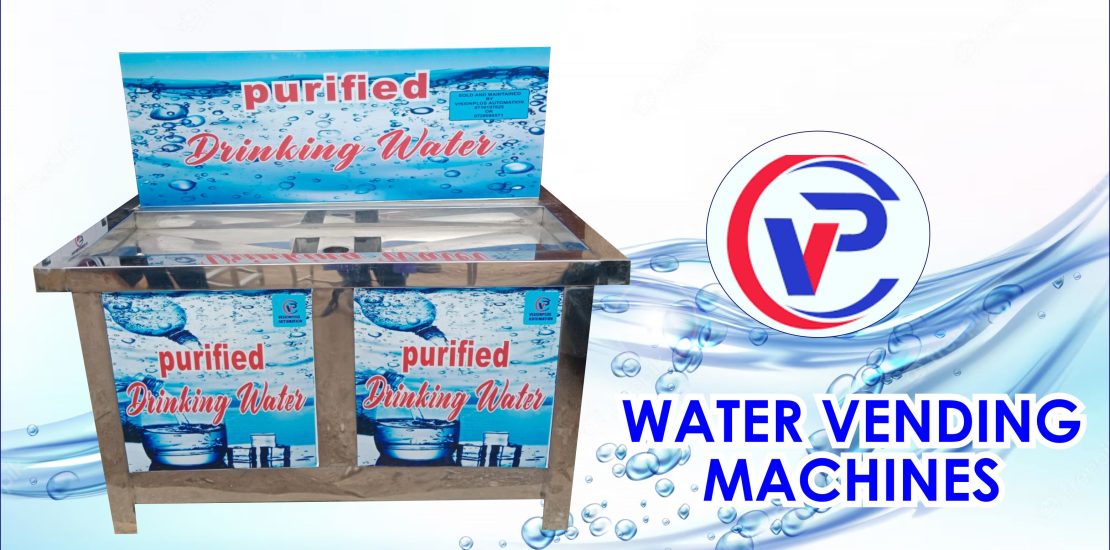- November 9, 2023
- Posted by: VisionPlus Automation
- Category: water vending business

Venturing into the Water Vending Business in Kenya
Venturing into the Water Vending Business in Kenya
Introduction
Access to clean and safe drinking water is a fundamental human right, yet in many parts of the world, including Kenya, millions of people face challenges in obtaining reliable and safe water sources. In Kenya, the water vending business has emerged as a vital and profitable endeavor. This essay explores the compelling reasons why individuals should consider venturing into the water vending business in Kenya, highlighting the opportunities for profit, community impact, and sustainable growth.
1. Addressing the Water Scarcity Challenge
Kenya, like many other regions, faces water scarcity issues. Many communities, especially in arid and semi-arid areas, struggle to access clean and safe drinking water. Venturing into the water vending business allows entrepreneurs to address this pressing issue by providing communities with a convenient and reliable source of purified water.
2. Profit Potential
The water vending business presents a promising profit potential. As the demand for clean water is constant, establishing a water vending business can generate a stable income stream. Consumers are willing to pay for the convenience and assurance of quality that water vending businesses provide.
3. Health and Well-Being
Ensuring access to clean water is not only a business opportunity but also a means of promoting public health and well-being. Safe drinking water is essential for reducing the risk of waterborne diseases and maintaining overall health. As a water vending business owner, you become a significant contributor to improved community health.
4. Reducing Plastic Waste
Many individuals in Kenya rely on bottled water for their drinking water needs, leading to a significant environmental problem due to plastic waste. Water vending businesses offer an eco-friendly solution by promoting the use of refillable containers, thereby reducing the environmental impact of single-use plastic bottles.
5. Community Empowerment
Water vending businesses empower local communities by providing them with easier access to clean water. These businesses often involve local entrepreneurs who hire and train community members, contributing to job creation and local economic development.
6. Low Operating Costs
Operating a water vending business can be cost-effective. The initial investment includes water treatment and purification equipment, storage tanks, and vending machines. Once established, operational costs are relatively low compared to other businesses, making it a financially viable option.
7. Customization and Diversification
Water vending businesses can offer a variety of water options, including purified, mineral, and flavored water. This diversification allows entrepreneurs to cater to various consumer preferences, potentially increasing sales and profitability.
8. Regulatory Support and Quality Control
Kenya’s regulatory authorities place a strong emphasis on water quality and safety standards. Entrepreneurs in the water vending business can take advantage of regulatory support and engage in quality control practices, ensuring that the water they provide meets the required standards.
9. Stable and Growing Market
The market for clean and safe drinking water is stable and growing. As Kenya’s population increases, the demand for purified water continues to rise, offering entrepreneurs a reliable and expanding customer base.
Conclusion
Venturing into the water vending business in Kenya is a decision that holds significant promise. It allows individuals to address water scarcity challenges, profit from a stable and growing market, promote community health, reduce plastic waste, empower local communities, and contribute to environmental sustainability. This business not only offers financial rewards but also an opportunity to make a positive impact on public health and the well-being of Kenyan communities. As a water vending business owner, you play a vital role in providing a basic human necessity – clean and safe drinking water – and you are positioned to quench both the thirst of the market and the opportunity for entrepreneurial success.
